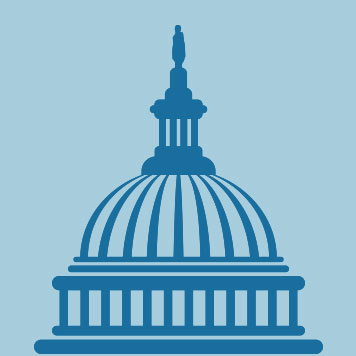The 253-page report takes a deep dive into how the U.S. can harness AI in social, economic and health settings, while acknowledging how the technology can be harmful or misused in some cases.
“This report highlights America’s leadership in its approach to responsible AI innovation while considering guardrails that may be appropriate to safeguard the nation against current and emerging threats,” task force co-chairs Reps. Jay Obernolte (R-Calif.) and Ted Lieu (D-Calif.) wrote in a letter to House leaders.
The report follows a months-long probe by Obernolte, Lieu and 22 other congressional members, who spoke with more than 100 technical experts, government officials, academics, legal scholars and business leaders to produce dozens of recommendations for different industry sectors.
Amid both excitement and concerns over the emerging technology, lawmakers introduced more than 100 bills regarding AI use this session, though most did not make it across the finish line, leaving Congress with an uncertain path forward on the issue.
The report seeks to serve as a blueprint for future legislation and other actions, breaking recommendations into 14 areas of society, ranging from health care to national security to small businesses and more.
Obernolte on Tuesday hinted the lawmakers steered away from recommending specific regulations and emphasized the importance of sectoral regulators like the U.S. Food and Drug Administration (FDA) in making these sorts of decisions.
“We do not think it is a good idea for the United States to follow some of the other countries in the world in splitting off AI and establishing a brand new bureaucracy and a universal licensing requirement for it,” he told reporters.
“We think that our sectoral regulators have the knowledge and the experience needed to regulate AI within those sectoral spaces,” he continued.
Read more in a full report at TheHill.com.






















